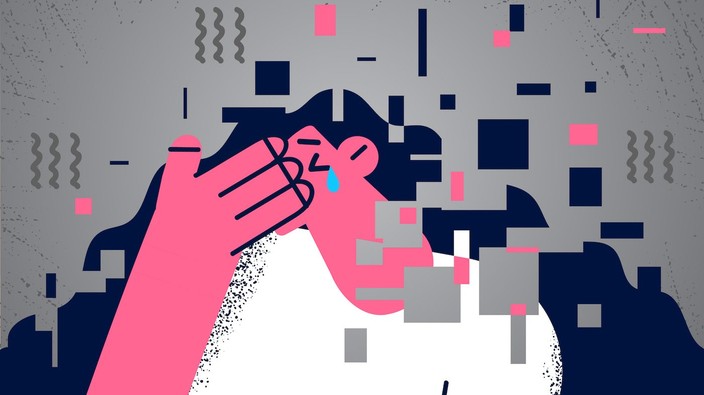advice: why telling all on webcam works just as well as in-person therapy
research indicates that virtual therapy can be as effective as in-person therapy, and is more accessible for many patients.
kotak: what are the options when workplace stress becomes too much?
whether it’s covid-related stress or abusive behaviour in the workplace, disability insurance may provide you with an option to escape the toxicity and regain your mental well-being.
machado: being told that 'there's going be a little discomfort' is not good enough when we're talking about pain
not telling women what to expect during painful medical procedures is a dangerous form of gaslighting that can reduce the likelihood of them seeking medical care when they need it, and increase the risk of missed diagnoses.
 3 minute read
3 minute read









